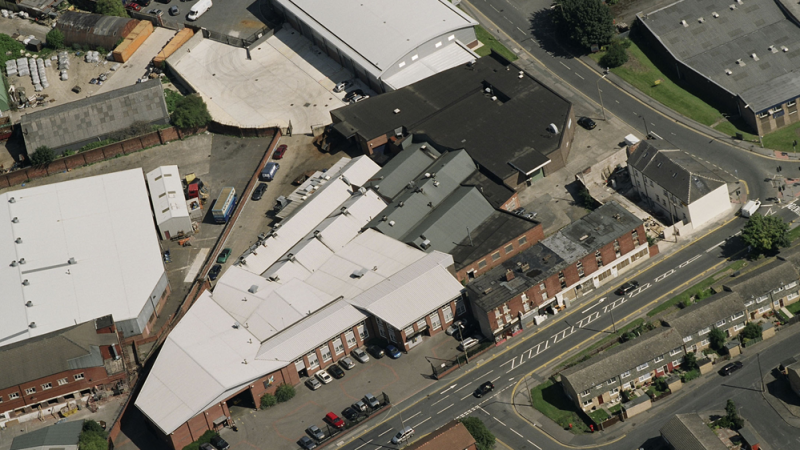If you own a start-up company or your company is expanding or relocating then you may already be on the lookout for another business premises space.
This article will give you an idea of the factors you’ll need to consider when weighing up your options and how to choose the perfect premises for your business.
Consider Your Requirements
To start, you’ll need to be clear about your requirements and the kind of premises you’re looking for. Make a list of any must-have criteria, considering the following.
- The size of your premises – how much space do you need?
- What type of layout would work best for you?
- The internal and external appearance of the premises.
- Any special requirements specific to the nature of your business.
- The facilities you’ll require for employees, customers or visitors, such as a kitchen, break room or toilets.
- Do you need parking facilities?
- The utilities available.
- Whether you need special permissions or licenses
- Access for deliveries or customers including disabled access.
- Would you be looking to alter or expand the premises in the future?
- What are your long-term goals and plans and will this space help you reach and achieve those?
Choose the Right Location
When it comes to choosing the perfect business premises, location is key. You need your premises to be accessible for employees and in the right area for your customers or suppliers. You should consider how easy the premises are to get to, whether by car or public transport. You’ll also want to think about whether your business would be affected by other businesses in the nearby area or vice versa.
The Type of Space
There are different types of premises to choose from depending on the nature of your business. For example, when it comes to office spaces, here in the US there are several different types to consider.
Serviced Offices
Serviced offices offer a lot of freedom, meaning you can expand or downsize as needed with no obligations or penalties. You’ll be able to start using the office right away and your rates will usually include furnishings, maintenance, office equipment and a staffed reception, meaning you can move right in and get down to business.
Serviced offices are incredibly cost-effective and a particularly good option for start-up businesses as they enable you to hit the ground running without any long-term commitment.
Leased Offices
Leasing is another option when looking for office space. Unlike serviced offices, this does require an upfront commitment – once you’ve leased the space, you are then tied to it for the period of the lease, regardless of how your business performs or whether you want to expand or downsize.
However, for well-established, large businesses that are confident about their long-term business plans and are financially secure, leasing has some benefits. It allows you to customize and enhance your premises to best suit your business and your employees. You’ll also have a wider choice of area, meaning you can be more particular about the exact location of your premises.
Virtual Offices
Rather than a physical office space, a virtual office usually includes a reputable business address, telecom services and meeting facilities, enabling your employees to work flexibly from wherever they are – whether that’s a home office, coffee shop or hired desk.
A virtual office is ideal for new start-ups who are looking for a low-risk option or companies that are downsizing and looking at alternate ways of working. Of course, there are downsides too, as you’ll need to ensure that all employees have access to a good-quality computer or laptop and a high-speed internet connection to enable them to do their work and stay connected with the team.
Security Needs
You should also consider the security of your premises and any particular security needs your business would have. This is often dependent on location and the nature of your premises. You should look at the crime rate in the area and the types of crime that most frequently occur as this will factor in your decision-making. Check whether there are enough security deterrents such as alarm sirens, CCTV and sensored lights. If not, you’ll want to factor these into your initial set-up costs or look for alternative premises.
Rates and Costs
Finally, you’ll need to consider the costs. Before signing any contracts, be clear about what it’s going to cost you and be sure to consider both upfront and ongoing costs including utilities, maintenance and taxes. You need to be certain you can afford the premises now and for the foreseeable future so take a close look at your accounts and financial forecast before settling on the perfect premises for your business.







